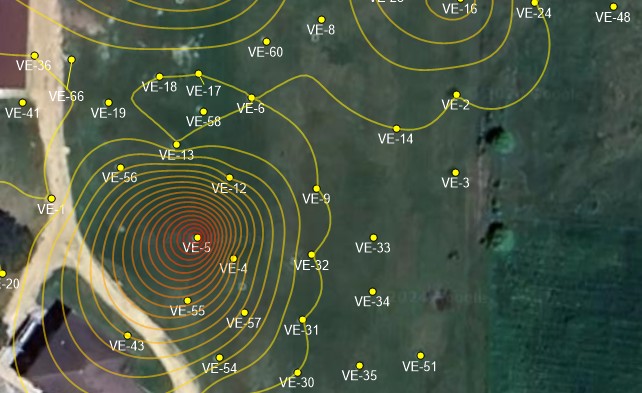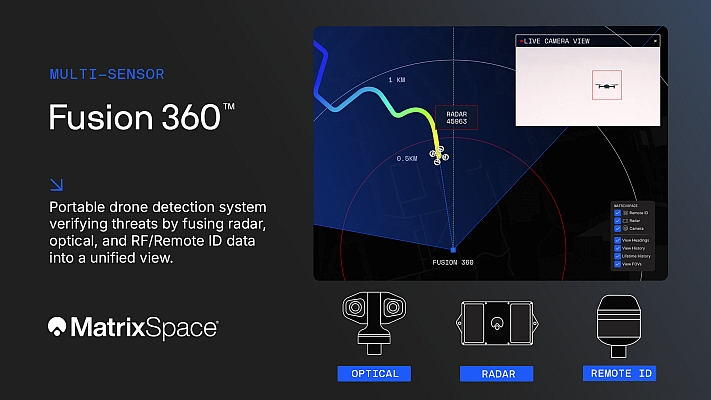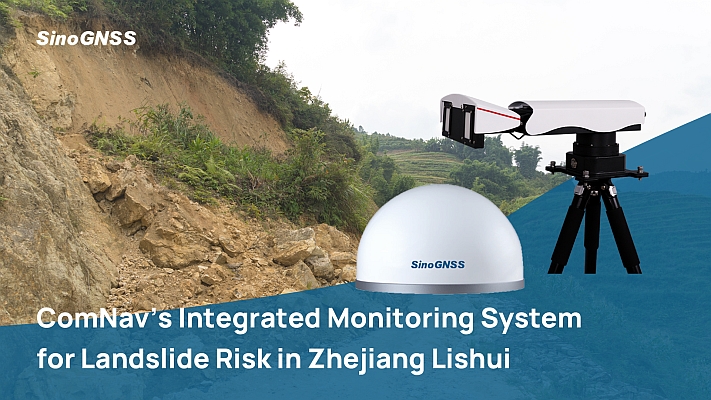Golden Software has added significant time-saving features to the latest version of its Surfer mapping and 3D visualization software. Users can now choose from more than 20 frame templates to quickly create their maps and project files. They can also easily download georeferenced aerial and satellite images from new online services with reliable, global coverage to add context to their maps.
“Our primary goal with the latest Surfer was to save users time in making high-quality visualizations,” said Surfer Product Manager, Kari Dickenson. “The new templates and direct access to these new online image servers means that Surfer users create their final 3D visualizations faster and with fewer clicks.”
Over 100,000 people have used Surfer worldwide, many are involved in environmental consulting, water resources, engineering, mining, oil & gas exploration, and geospatial projects. The software has been relied upon for more than 40 years by users in numerous disciplines to quickly transform complex data into superior 2D and 3D visuals with accuracy.
Known for its fast and powerful contouring algorithms that regularly outperform more expensive packages, Surfer enables users to model data sets, apply an array of advanced analytics tools, and visually communicate the results in a way that even the non-technical stakeholders can understand.
Golden Software has made the following enhancements in the latest Surfer version released today:
Enhanced Base from Server Command – Georeferenced aerial and satellite images add real-world context to maps and visualizations, but finding servers that provide images in the locations and resolution the users want has been a difficult and time-consuming process. Now, however, users can connect to numerous online XYZ Tile servers with a click of the mouse to download imagery for use as base maps in their Surfer projects. XYZ Tile server support gives users access to global databases of quality, georeferenced maps, aerial photographs, satellite images, and similar data sets from OpenStreetMap and other online services.
Frame Templates – Users frequently want to create a series of maps and visualizations with identical design layouts, page sizes, and elements, such as title block, logo, legend, and frame style. Previously, users had to recreate their custom templates manually for each new project. To streamline layout creation and eliminate manual reproduction, Surfer now comes with 23 frame template files that users can choose from and tailor to their needs, to quickly generate a map design and save it for repeated use.
Upgrades to 3D View – The latest Surfer includes enhanced features and commands that have been streamlined for faster creation of visualizations with fewer clicks and less manual repetition:
- Copy and Paste Format – Users creating multiple similar 3D visualizations once had to manually reproduce the exact same properties in each one. Now users simply copy the properties of an existing visualization in the 3D view and paste all its properties – colors, values, clipping plane – to a second visualization.
- Orientation Triad – A new Triad in the corner of the 3D model lets the user know the compass orientation of the model in the view.
- Orthographic Projection – With a single click, users can switch from the default Perspective projection to an Orthographic projection, which means lines remain straight and orthogonal regardless of distance from the viewer. This makes it much simpler to measure and digitize points in the 3D model.
- Predefined 3D views with keyboard shortcuts – Rotating a 3D model with the mouse to get a view perfectly aligned with precise compass directions was tricky. Now users can rely on keyboard shortcuts, or use the ribbon commands, to view the model exactly from the Top, Bottom, North, East, South, or West perspective.
- Bounding Box – It’s easier than ever to make your 3D models look attractive for inclusion in reports and presentations. This new function lets users easily draw a bounding box around their entire model, a volume render, or an isosurface.
- Exporting 3D Vector Files – Users often include 3D polylines or polygons to represent features such as buildings or roads in their base maps in Surfer. This geometry was previously impossible to save as 3D vector files for future use. Users can now easily export 3D geometry to a 3D vector file. Whether a user created a 3D polygon in 2D View or imported 3D geometry from a DXF or shapefile, the geometry can be viewed in the 3D view and then exported to a new vector file as 3D geometry, including AutoCAD DXF or SHP.
Surfer Beta Available
As is the tradition, Golden Software has released a Beta version of Surfer simultaneously with the new version to give customers a chance to try out new features and provide feedback while they are still in development. Users may find the Beta version by clicking File | Online from within Surfer.
“Our focus with the new Beta capabilities in Surfer is to make it easier for users to create high-quality maps that present their work as professionally as possible,” said Dickenson.
Here are the new Beta features available now in the latest Surfer release:
- Google Maps Download – The Base from Server command has been further upgraded so that users can download basemaps from Google Maps to add context to their visualizations. [Available to licensed Surfer users only.]
- Colorize 3D Drillhole Intervals Based on Text Keywords – Surfer users have always been able to fill drillhole intervals with colors based on numbers, but now keywords such as “Limestone,” “Granite,” or “Sandstone” can colorize various depth intervals. A color legend is generated automatically.
- Linked Text – Users can now link the text in a text object to certain data, such as the filename, the file path, the date/time or the contents of a cell in a worksheet. A refresh button lets users easily update the text with the latest edits and new information, ensuring the map is always up to date and easy to retrieve.
For additional information, visit www.GoldenSoftware.com







